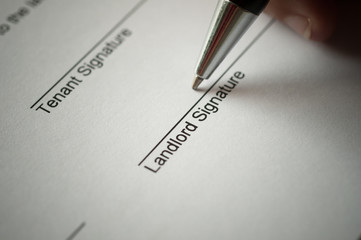
Tax Alert – Do you own a residential property in Canada?
The Underused Housing Tax Act was passed into law in June 2022. On January 17, 2023, Canada Revenue Agency released detailed technical information related to the Underused Housing Tax (“UHT”).
The UHT is a Canada wide tax which is applicable to vacant or underused residential property in Canada. Residential property is a defined term for purposes of the UHT, it does not include a property that contains more than three dwelling units.
The UHT was generally meant to apply to non-resident non-Canadian owners of vacant or underused housing in Canada; however, as often happens with a new tax, the scope of application and filing requirements are more than expected based on the original stated intention of the tax.
If the UHT is payable, it is calculated as 1% of the taxable value of the property. Taxable value is a defined term and, in most cases, it will be the assessed value of the property for property tax purposes.
In most situations, where a residential property is owned by a Canadian citizen or a permanent resident of Canada (as defined for immigration purposes), there should be no UHT payable and no UHT return filing requirement.
In situations where ownership is held by an entity other than an individual, there may still be no UHT payable, but there could be filing requirements.
If a residential property is owned by a specified Canadian corporation (“SCC”), a specified Canadian partnership (“SCP”), or a specified Canadian trust (“SCT”) there is no UHT payable. SCC, SCP, and SCT are all defined terms for purposes of the UHT. In very general terms, to fit into these complex definitions a high percentage of ownership by Canadian citizens or permanent residents of Canada is required.
In most instances, even though there may be no UHT payable, where residential property is held by an SCC, SCP, or SCT a UHT return still needs to be filed on a timely basis otherwise substantial late-filing penalties could apply. For example, a Canadian controlled private corporation which owns a residential property needs to file a UHT return, even if all of its shareholders are Canadian citizens.
UHT is applicable for 2022 and the first UHT return is due on April 30, 2023. As of January 19, 2023, the forms which will be required to complete the UHT return have not been released.
The late filing penalties related to the UHT return are based on a specific calculation, but in most circumstances the late filing penalty will be $5,000 where the property is owned by an individual and $10,000 where the property is not owned by an individual. These penalties apply even when no UHT is payable.
A separate UHT return must be filed for each property.
One of the key takeaways from the above is that, in general, where a residential property was owned by a corporation, a partnership, or trust at December 31, 2022, a UHT return for 2022 is required to be filed by April 30, 2023, regardless of the fiscal year end of the entity.
Please contact your KMSS advisor if you have any questions with respect to the UHT.

220
Member Firms
435
Member Offices
93
Countries